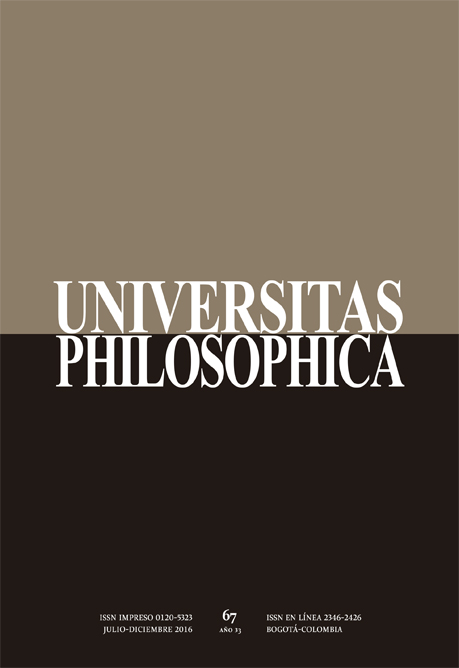Abstract
This study reconstructs the trial of Socrates, especially, the case raised by the accusers. The first part discusses the sources, in particular, the evaluation by Xenophon’s Memorabilia. The second part of the study reconstructs the trial based on a new assessment of sources. The third part discusses the political aspects of the trial, arguing that having raised political accusations against Socrates was not necessarily a violation of the amnesty of 403. Moreover, a prosopographical study of the social circle around Socrates shows that a high number of his “friends” were citizens who had joined the oligarchic revolution 411 and 404-403 and had been convicted of treason and / or impiety. Finally, a pseudo-Platonic dialogue between Socrates and Anytus in which Socrates has to admit that democracy is the best constitution is presented.
This journal is registered under a Creative Commons Attribution 4.0 International Public License. Thus, this work may be reproduced, distributed, and publicly shared in digital format, as long as the names of the authors and Pontificia Universidad Javeriana are acknowledged. Others are allowed to quote, adapt, transform, auto-archive, republish, and create based on this material, for any purpose (even commercial ones), provided the authorship is duly acknowledged, a link to the original work is provided, and it is specified if changes have been made. Pontificia Universidad Javeriana does not hold the rights of published works and the authors are solely responsible for the contents of their works; they keep the moral, intellectual, privacy, and publicity rights.
Approving the intervention of the work (review, copy-editing, translation, layout) and the following outreach, are granted through an use license and not through an assignment of rights. This means the journal and Pontificia Universidad Javeriana cannot be held responsible for any ethical malpractice by the authors. As a consequence of the protection granted by the use license, the journal is not required to publish recantations or modify information already published, unless the errata stems from the editorial management process. Publishing contents in this journal does not generate royalties for contributors.


